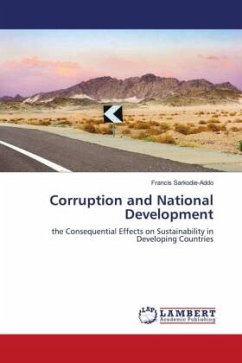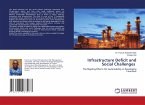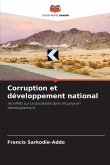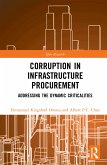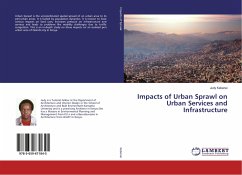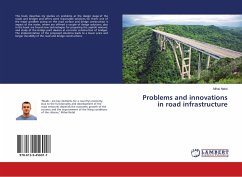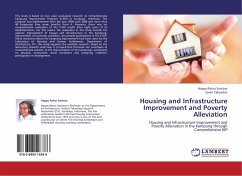The book provides an examination of corruption practices and their effects on the development and sustainability in Ghana and other developing countries. The book concentrates on the following sub-topics: Relevant Corruption Framework; the UN Global Compact; Act 1993 (Act 456) of Ghana' Act 466- Serious Fraud Office (SFO) of Ghana; Forms of Corruption; Corruption Practices: Corruption Triggers and Sources; and Effect of Corruption. The author further identifies action plans through existing frameworks to minimize corruption and its impacts. The book has in it an Iceberg Model for Corruption Practices, triggers, and Sources developed by the author. The author establishes that corruption is the biggest obstacle to poverty reduction, undermining good governance and economic development, and in a nation's political and economic operations, corruption practices when it is not critically checked, the end result will be inadequate infrastructure. Corruption has the tendency to influencemany judgments in favor of individuals or groups of people who are ready to engage in paying bribes to the detriment of the poor and vulnerable in society.
Bitte wählen Sie Ihr Anliegen aus.
Rechnungen
Retourenschein anfordern
Bestellstatus
Storno

